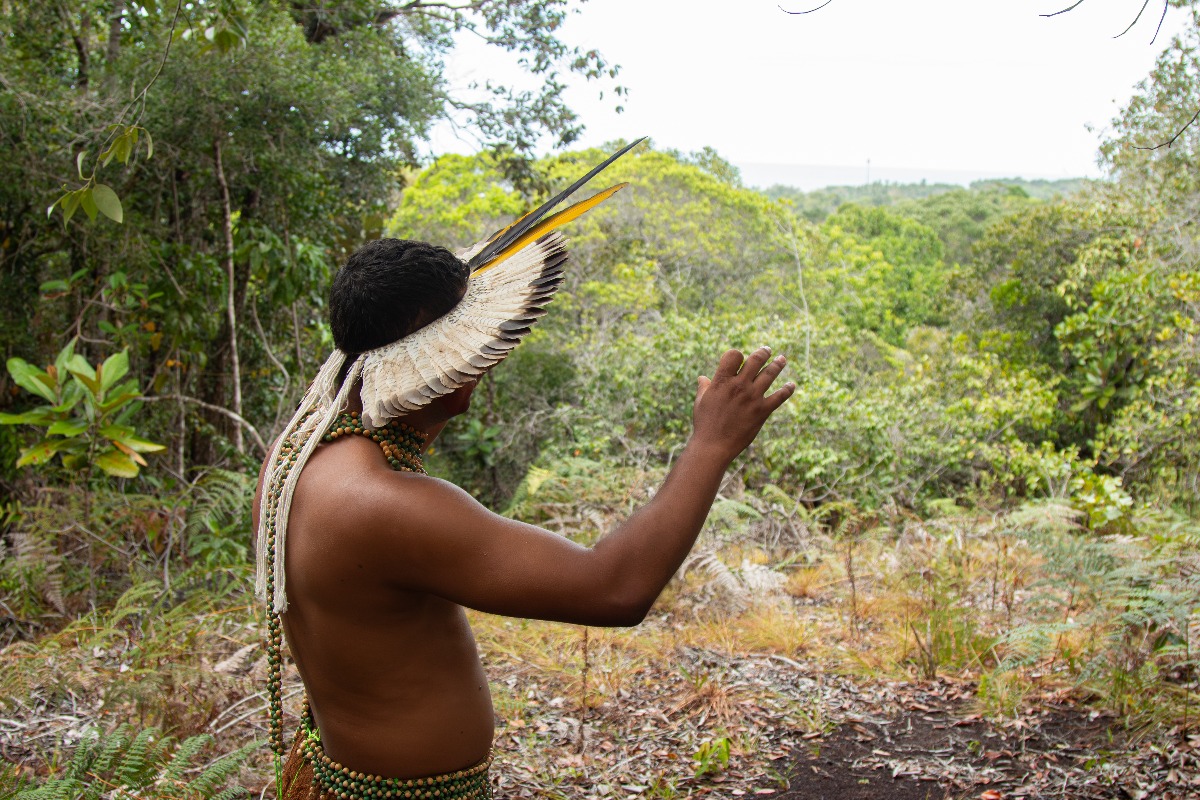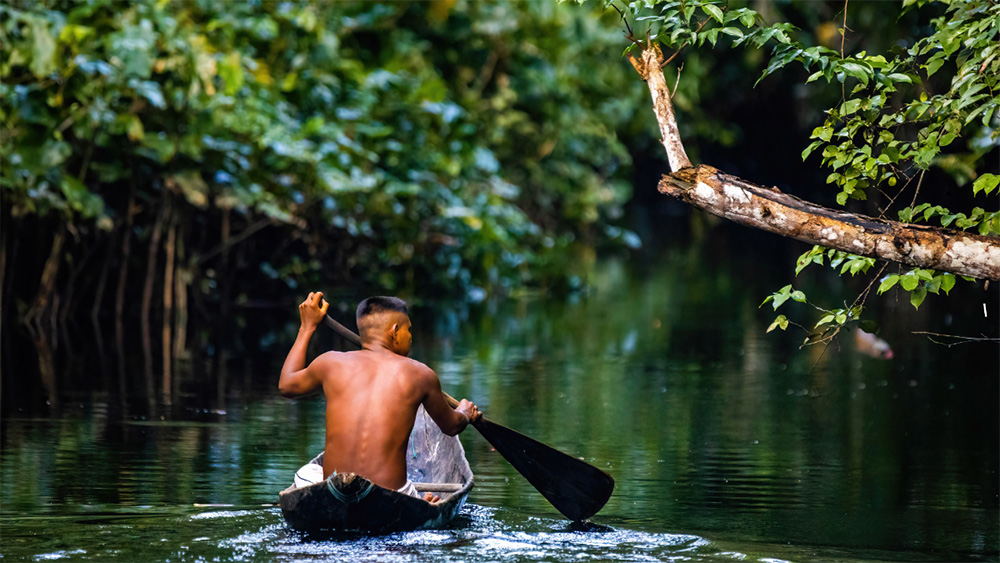
A new report highlighting the outcomes of a series of dialogues on global Indigenous and Local Knowledge (IK & LK) has been published, offering a powerful contribution to ongoing efforts to ensure Indigenous perspectives are respected and meaningfully integrated into international science-policy processes. The dialogues were conducted as part of the process of producing the 7th Global Environmental Outlook (GEO-7) Report, a flagship publication of the United Nations Environment Programme (UNEP). The GEO Report provides an integrated assessment of the state of the global environment, analyses the effectiveness of policy responses, and explores potential pathways towards achieving environmental goals.
The Indigenous Knowledge and Local Knowledge Dialogues report is the result of a broad collaborative effort, involving a large number of academic and civil society organisations, in which NRI played a key role. NRI’s Professor Valerie Nelson was an active member of the GEO 7 IK & LK task force, which included Indigenous scholars and leaders, as well as researchers working with Indigenous Peoples. The task force contributed to the planning, methodological design and facilitation of the dialogues analysis and editing of the final dialogues report, and uptake of the findings in the overall GEO 7 assessment.
The report presents critical insights into how Indigenous Knowledge and Local Knowledge can inform and strengthen environmental policy. It stresses the urgent need for full and meaningful participation of Indigenous Peoples and local communities in policy development, monitoring and decision-making. Rather than being included as an afterthought, the report argues that IK & LK must be recognised as distinct knowledge systems in their own right, with their own methods of validation and communication.

A key emphasis is placed on the principle of free, prior and informed consent, as well as on the protection of the intellectual property rights of Indigenous knowledge holders. The report proposes mechanisms to ensure Indigenous Peoples’ voices are not only included but have influence – such as creating dedicated sections in international assessments and processes that centre IK & LK contributions. The importance of ethical engagement is also highlighted, with strong recommendations to avoid extractive approaches and to uphold a “do no harm” standard in all forms of knowledge co-production.
In addition to shaping how intergovernmental platforms like IPBES (Intergovernmental Science-Policy Platform on Biodiversity and Ecosystem Services) and UNEA (United Nations Environment Assembly) incorporate diverse knowledge systems, the report also proposes more consistent resourcing for these engagement processes, including adequate funding, follow-up and capacity-building for knowledge holders and local facilitators.
Professor Valerie Nelson played a key role in this important, highly collaborative initiative. She helped shape the methodology for the dialogues and contributed to the design of inclusive processes that ensured local voices were central to the work. She also supported the systematisation and editing of the final outcomes to maintain integrity, clarity and policy relevance and importantly, the uptake of the findings in the assessment itself.
Professor Nelson said: ‘This report makes clear that Indigenous Peoples’ knowledge should be central to assessments of the state of the environment and in considering how it is changing and how to respond. The findings of the dialogues report are now publicly available and insights from this report are informing and making an important contribution to the overall UNEP GEO 7 State of the Environment assessment.’
The publication of this report represents a significant step forward in more equitable and plural global knowledge co-production in science-policy spaces. It demonstrates a growing recognition that Indigenous Knowledge and Local Knowledge systems are not peripheral but foundational to tackling complex global environmental challenges. NRI is proud to have contributed to this work and encourages others to find ways to support the amplification of Indigenous Peoples’ rights, knowledge and participation in environmental decision-making.

